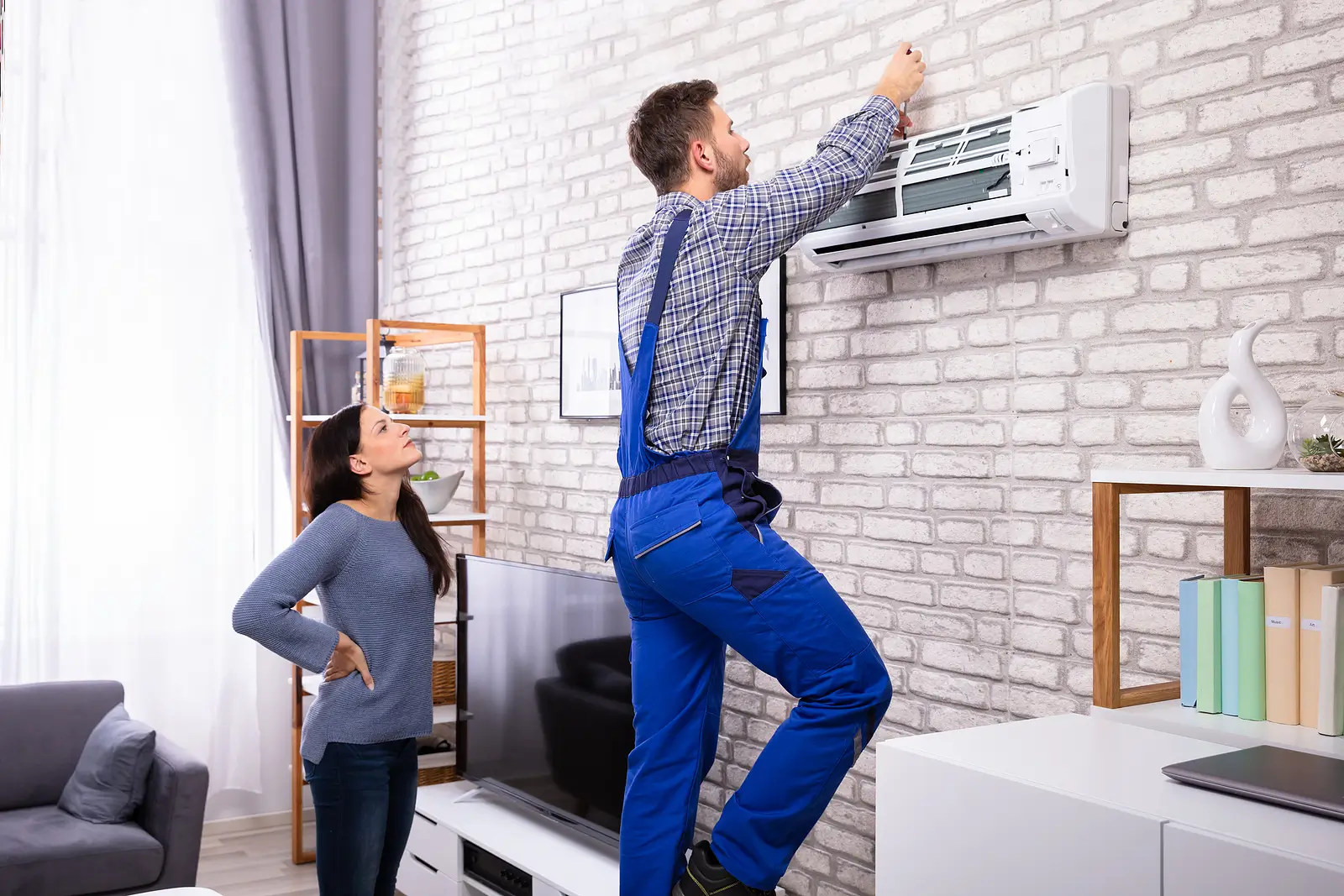As a landlord, your responsibilities do not end with refurbishing residential units in an apartment complex or signing a lease. You're also obligated to address any issue that may occur in your rental property and ensure tenant satisfaction when it's resolved.
To maintain a successful business, rental properties in Lake County should prioritize effective communication and prompt resolution of resident concerns. This is necessary, as mishandling complaints can escalate into legal issues.
Read on to gain insights into the most common resident concerns, how to handle them properly, and the best practices to prevent them in the first place.
Common Tenant Complaints
If you've been a landlord for a while, you'll discover that resident concerns range from serious issues to petty grumbling. However, these complaints often stem from real inconveniences or even health threats.
Typical resident concerns include maintenance complaints, safety concerns, housing discrimination, rent increases, and utility issues. These concerns can often be prevented through proactive property management, such as routine maintenance and clear communication about policy changes.
Maintenance and Repairs
Tenants want prompt attention to and handling of their issues—the majority of which are related to maintenance, including everything from broken appliances and ordinary wear and tear to plumbing backups or a leaky faucet.
Although these problems are frequently unavoidable, the main factor that sets landlords or property managers apart is how promptly and effectively they address them. Immediate communication establishes trust, even if a solution is not possible at that moment. Make sure to keep detailed records of requests to ensure accountability and resolution.
Noise Disturbances
Your rental contract should contain specific noise policies that define quiet hours and permissible loudness levels. You should enforce these noise regulations consistently and establish open communication.
When someone complains about loud music or excessive outdoor noise, pay attention to both sides to fully understand the problem. Offer measures such as relocating units or soundproofing to mitigate the impact of the disturbance.
Security and Safety Concerns
During a move-in inspection, make sure all the locks are in working order, the windows close and lock safely, and there is outdoor lighting. Prioritize security complaints because your tenants and their belongings’ safety are at stake. These are not just comfort issues—they’re also legal obligations tied to housing discrimination prevention.
If you want tenants to feel safe and, at the same time, protect yourself from unforeseen losses, think about providing extra protections like renters' insurance. It's also a good idea to keep up with state legislation that pertains to locks, keys, and general security.
Utility and Rent Issues
Tenants may complain about tight rent deadlines, price hikes, or growing heating or air conditioning expenses. To address these, establish clear expectations from the outset. Indicate when rent is due and provide easy-to-use payment options to reduce challenges.
Consider offering long-term lease alternatives to secure current rates in the event of future rent increases. You can also encourage timely payments by providing credit reporting services, which help your tenants improve their credit scores.
Parking and Other Concerns
Some of the few things that unexpectedly spark complaints include a lack of available parking spots, unclear garbage schedules, or malfunctioning laundry facilities. Stay proactive by conducting routine inspections and addressing maintenance requests before they become concerning issues.
Unclear Communication
Problems in your rental properties shouldn't be taken lightly, especially those of a serious nature. Communicate with residents in a timely, open, and transparent manner. To maintain happy tenants and avoid disappointment, respond to any questions or complaints quickly and keep them updated on every change in the property.
Best Practices for Handling Complaints
Listen Actively
To manage complaints effectively, set up a simple reporting system, like an email or online portal. Then, after hearing the complaint, talk to your renter and pay attention to their concerns, trying to understand what they are going through.
Express empathy and let them know that you are paying attention to their worries. This can encourage a good rapport and increase trust between you and your tenant.
Investigate Thoroughly
Investigate the complaint after hearing the tenant's concerns to determine if there is a legitimate issue that requires attention. To find out if other renters share the same issues, you might need to speak with them or conduct an inspection of the property. Remember to gather as much information as possible before you respond.
Take Prompt, Documented Action
Repairing the property, settling tenant conflicts, or adjusting rules could all be necessary steps to remedy the problem at hand. You have to let the tenant know what changes have been made.
Keep records of all complaints during the handling process. This includes the file, the actions taken, and any correspondence with the renter. This documentation can be vital in a rental dispute or to identify recurring problems.
Follow Up and Close the Loop
Once the complaint has been resolved, follow up with the tenant to ensure satisfaction. This builds loyalty and acts quickly to prevent escalation. It shows that the property owner is committed to quality service.
Legal Considerations and Avoiding Liability
While working on repairs in a tenant's unit, always issue a notice of entry. Comply with habitability and health code standards set by your local housing department, and make documentation a habit. Ensure that all policies and enforcement actions are applied equally to prevent accusations of housing discrimination, especially in handling complaints and lease violations.
If a dispute arises, aim to resolve it through mediation before resorting to litigation. Legal professionals can assist both parties in mediation and offer valuable insights into housing law.
From Complaints into Opportunities for Growth
Tenant complaints shouldn’t just be seen as problems. They’re opportunities to build stronger, more trusting relationships. By responding with care, consistency, and transparency, property managers and landlords can turn everyday challenges into long-term tenant satisfaction and loyalty. That’s the real value of good property management.
Nurture a rental environment that's built around respect, where both you and your tenants value communication and want to resolve rental disputes and upkeep problems quickly. Contact Cruise Property Management today to get started with a free consultation!
FAQs
1. What are the most common tenant complaints in Lake County?
Maintenance issues, noise disturbances, insect problems, rent concerns, and unclear communication are among the most frequent complaints.
2. How can landlords prevent tenant complaints from escalating into legal issues?
By responding promptly, documenting all actions, maintaining property standards, and following Lake County housing laws, landlords can minimize legal risks.
3. What should landlords do when a tenant files a complaint?
Listen actively, investigate the issue thoroughly, take prompt documented action, and follow up to ensure tenant satisfaction.
4. Are there proactive strategies to reduce tenant complaints?
Yes. Regular inspections, preventive maintenance, clear lease terms, and consistent communication can significantly reduce complaints.


